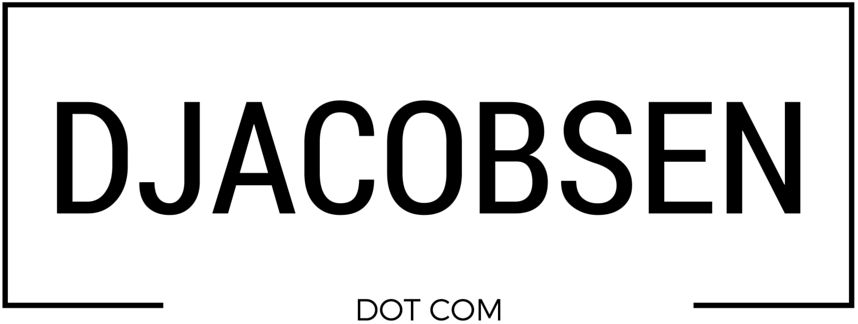Why the next President will save America
Let me be completely upfront about one thing… I'm happily entertained by Donald Trump. Like everyone else in the world, I’ve been intrigued with him. For me, it started at a family hangout months ago when someone made a joke about him that was met with resounding, “Hey, wait a minute, he’s the only one with the guts to say what everyone else is thinking!” And I was confused. People like Donald Trump.
And I’m reminded: American politics are surprising and crazy.
Here are three thoughts to keep us sane during this primary and election season...
The next President will save America.
Hyperbole? Consider the situation... we’re coming off eight years of a very different type of President, with a nation of millennials who don’t know who they are or what it takes to earn what we have, producing a national identity-crisis. Strong leadership is the only way forward. And the next President will have the opportunity like Washington and FDR to set the broken bones of our country straight. The only hope we have is a President that will tackle immigration, health care, education, foreign policy, a broken tax code, etc. But he (or she) will do it. They will save America.
The next President won’t save America.
OK, to be honest, as I’m growing older and having watched a few of these election cycles come and go, then evaluated the Presidencies that follow these elections, the more I’m convinced that it doesn’t matter who is in the White House... big corporate spenders and lobbyists will have their way. All the more, we’re a nation of immigrants who work hard and want to succeed, and we’ll do so in spite of who is in the oval office. I used to think the President was powerful. Now I realize he’s just the guy who has to deal with the problems, and hope something gets done. So no matter who we elect, one thing’s for certain, we’re sending someone to a dismal island where they’ll age in stress and fatigue, burdened by the idea of progress.
The next President can’t save America.
This is the truth. While I love America and our political system of democracy, I don’t look to the person in the Oval Office as my identity or my true leader. I look to him (or her) as simply my President. The one who has been imperfectly chosen by us imperfect citizens through an imperfect system to run an imperfect country trying to "form a more perfect union.” And while every term or two, the name on the desk might change, I’m reminded that the guy I’ve already placed my trust in is ruling already from a higher office with more wisdom and a whole heck of a lot more power than anything found on this earth. So no matter what happens in Washington, my guy’s already sworn in as the King.
So here’s to a season of being informed voters. And here’s to a season of not being swept up in the false emotionalism of politics where we lose our minds.


